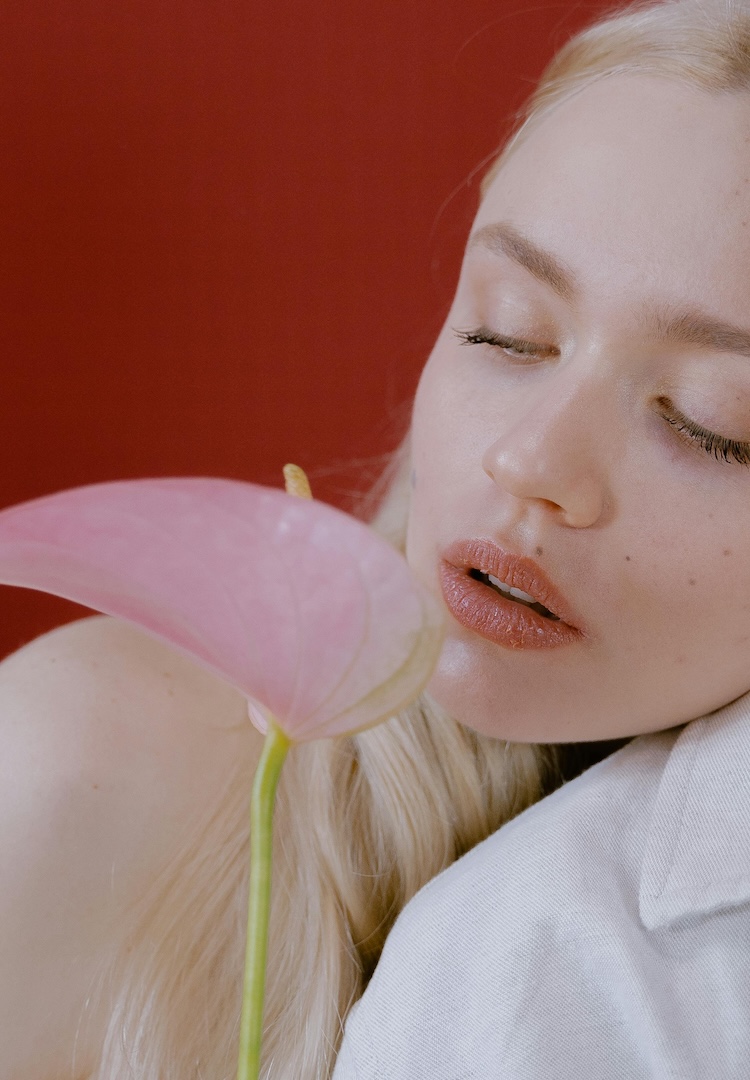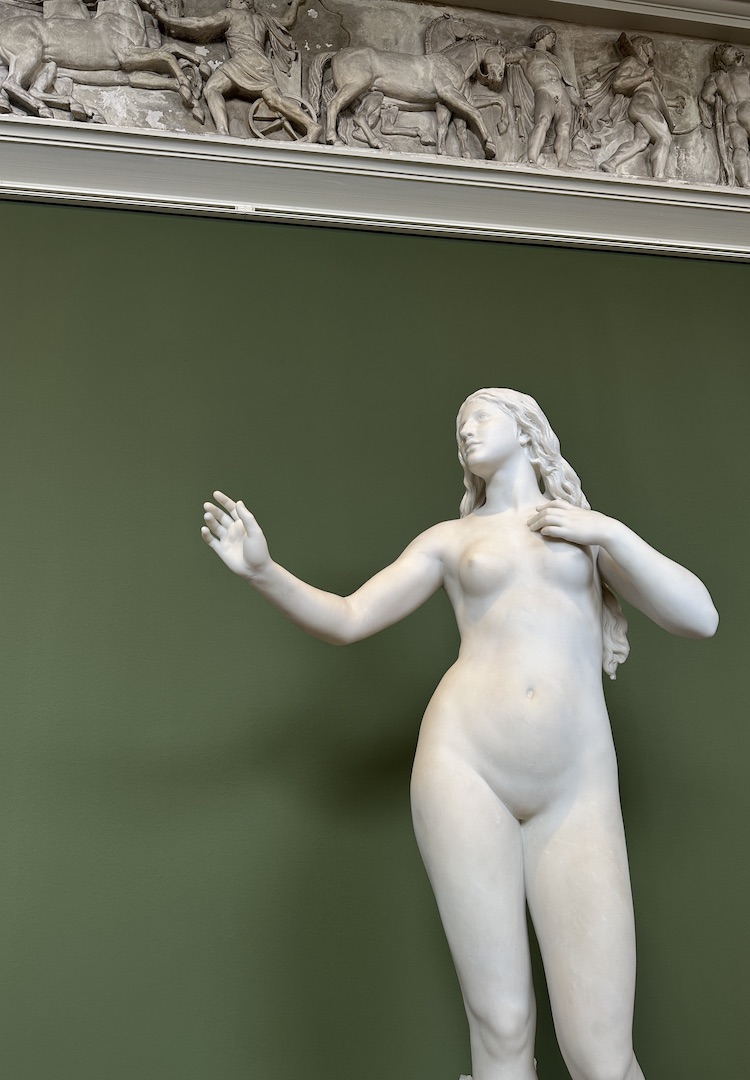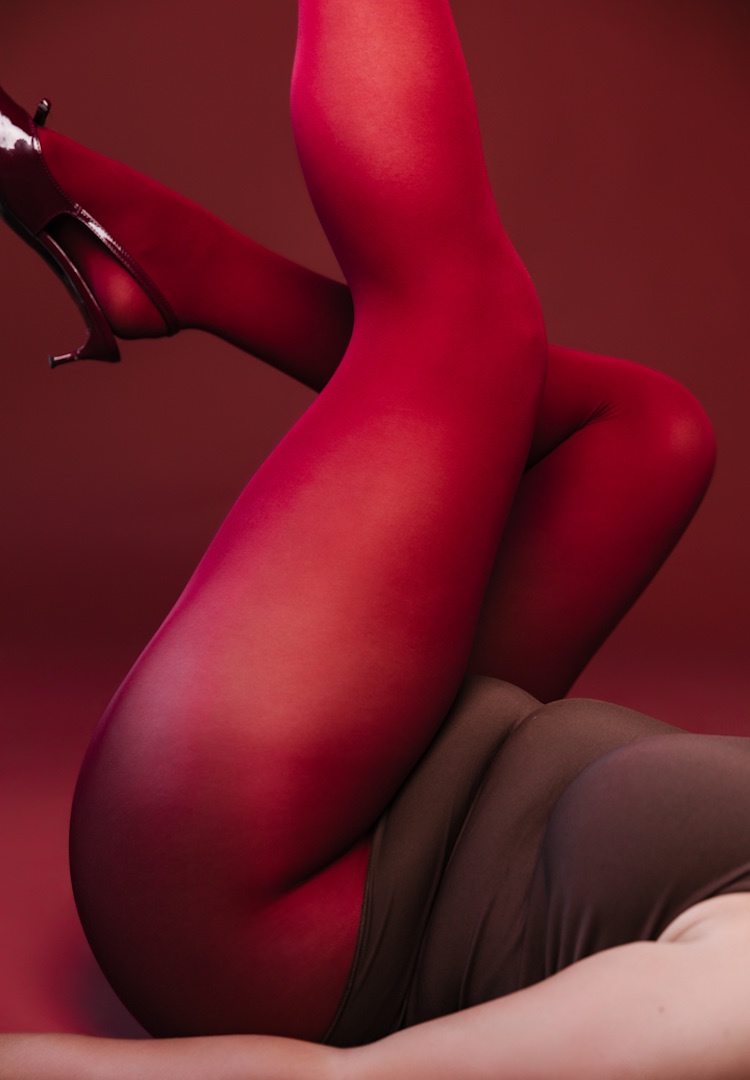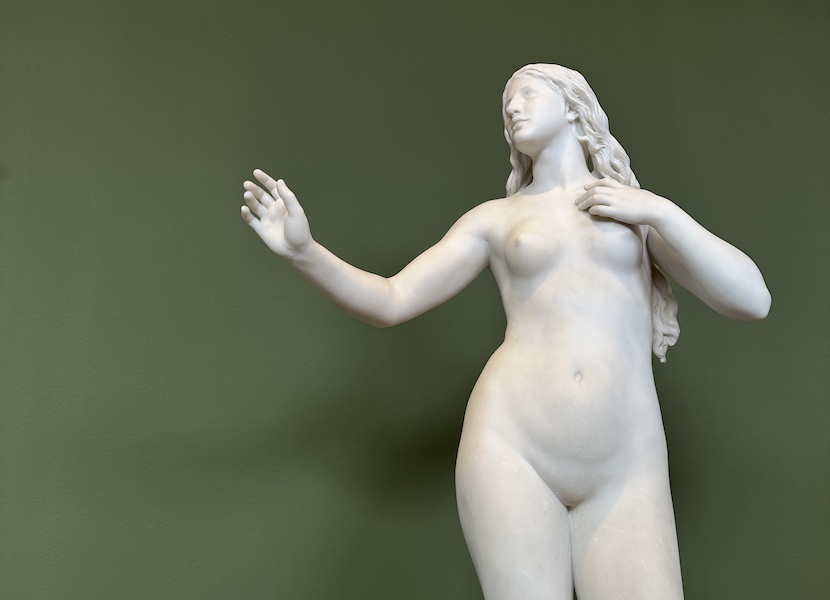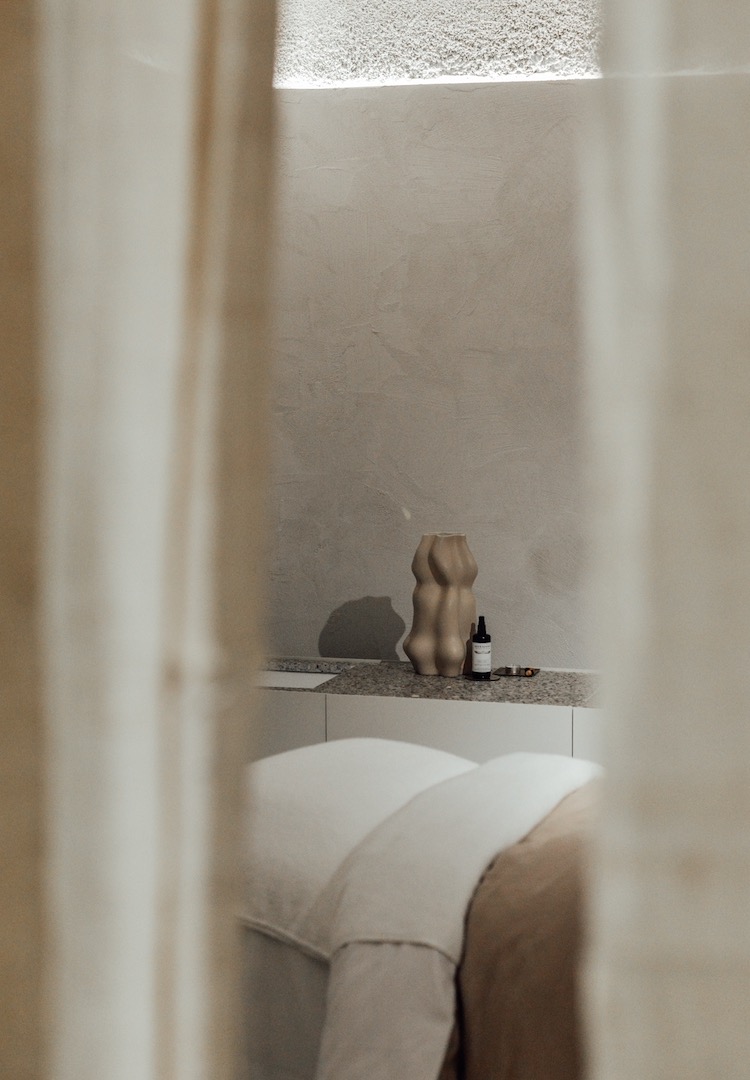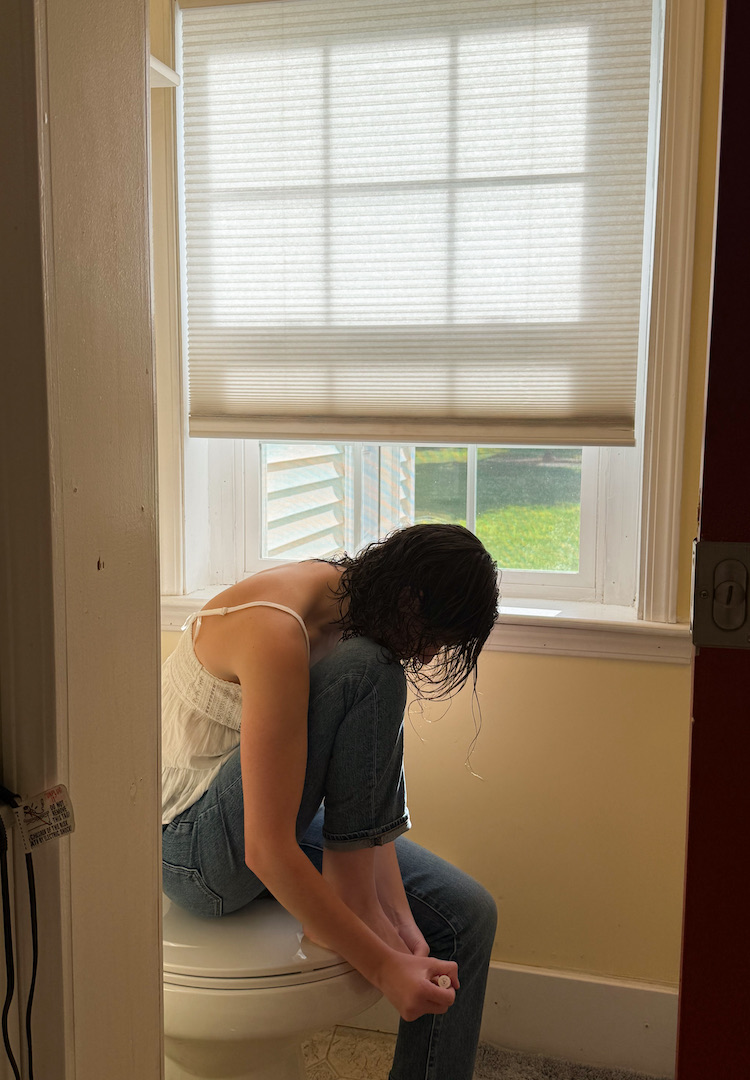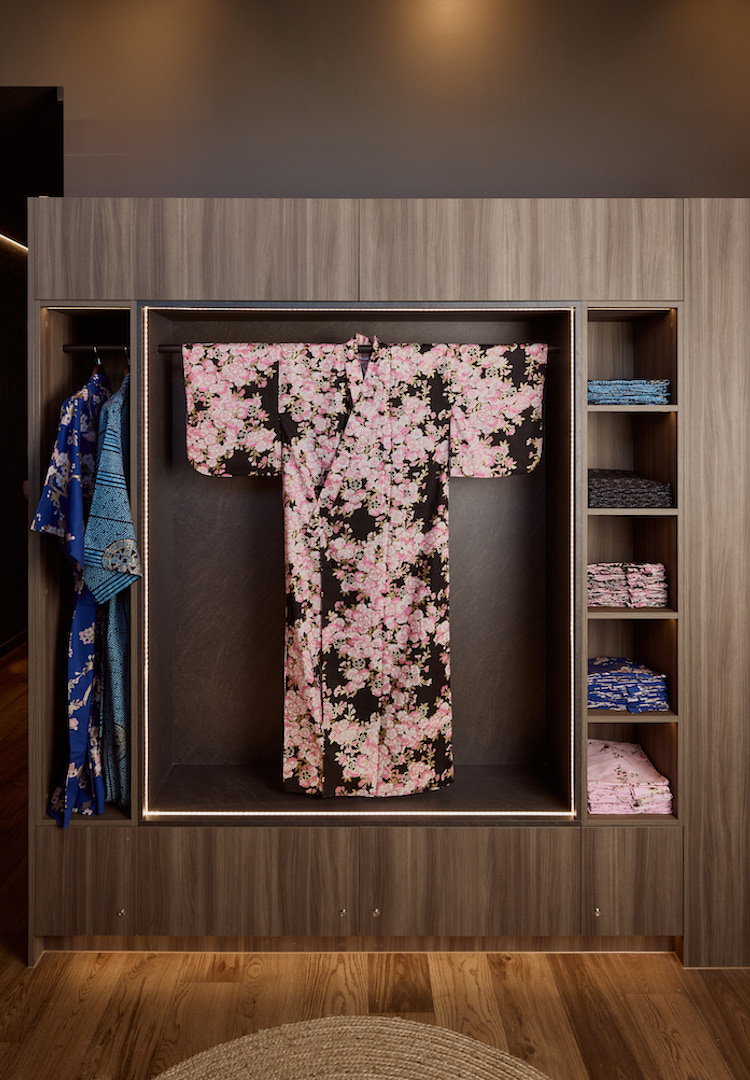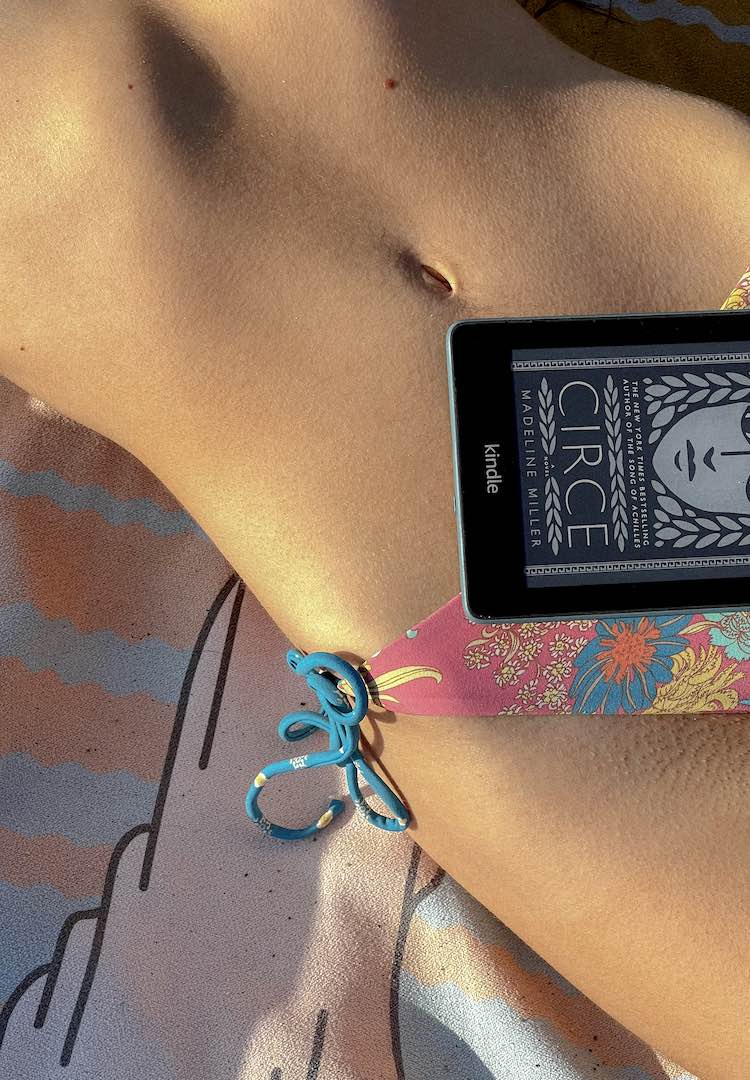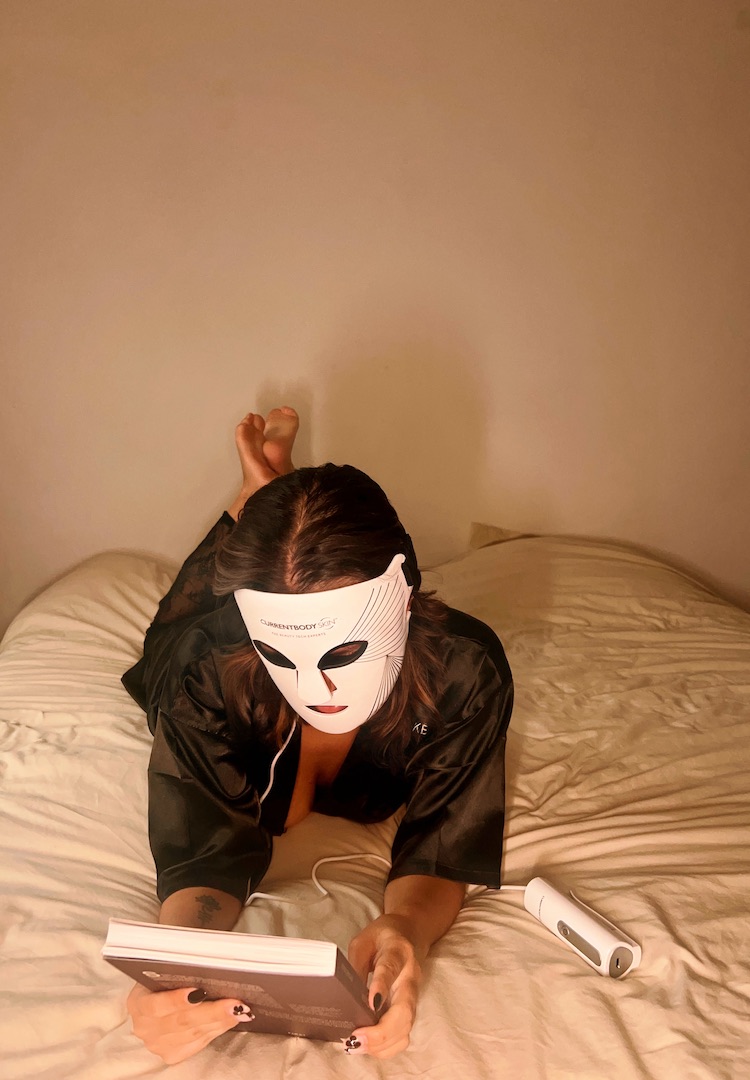Boobs, acne and hair loss: Can you go through ‘second puberty’ in your twenties?
WORDS BY MARYEL SOUSA
Your boobs are bigger, your acne is back and you’re losing hair. What’s going on?
Period pimples. Cortisol face. Second puberty. No matter what’s ailing you, hormones have become the internet’s scapegoat for every change we see in our bodies. Sometimes, it’s more complicated than that. Other times, hormones are, in fact, the culprit.
For those entering their mid to late twenties and beyond, changes in your body can be somewhat jarring. In the past two years, I’ve gone from an A cup to not an A cup. I go braless, so I can’t really tell you what size I am, but the girls are bigger. I’m not complaining, but I thought my body was done developing a decade ago.
For more perspectives on wellness, head on over to our Health section.
So, imagine my surprise when I heard whispers of puberty’s second coming – a period of weight fluctuation and acne just for grown-ups. Frankly, first puberty is a time I’m happy to forget, but if you must know, puberty made me gangly, awkward and mean. Second puberty? No, thank you.
‘Second puberty’ is not a medically recognised term, but that doesn’t mean the experiences that feel like a second puberty aren’t real. Our hormones can (and will) shift throughout the entirety of our lives for seemingly endless reasons. I’m not a doctor, and I’m certainly not your doctor, but I’ve done a bit of investigating into the common causes of puberty-like symptoms.
Are my boobs getting bigger?
Let’s start with the curves. While breast tissue could theoretically continue developing until our early twenties, most of us will have the boobs the universe intended for us by the time we’re legal adults. And although there’s some evidence to suggest that hips can widen until we’re 30, this isn’t the case for everyone. So, what’s going on?
First of all – and I’m going to hold your hand when I say this – you are (presumably) not 18 anymore. You’ve probably transitioned from student-slash-barista to full-time corporate baddie, which often means spending way less time on your feet. Your dinners may look less like cigarettes and cup noodles and more like nutritionally-dense, satisfying meals. Fewer nights out, more nights in – it all adds up to one thing. You’re a real adult now, and bigger boobs and wider hips may just be one marker of a mature woman doing mature things.
But if you audit your life honestly and find that something isn’t adding up about your weight fluctuations, hormones may be responsible. Unexplained weight gain can be a symptom of conditions like PCOS or hypothyroidism, so check in with your primary care provider if you’re concerned.
Breaking down breakouts
Those blessed with clear skin in teenagehood may have entered crisis mode when acne started popping up in their twenties. It’s almost like the hormone spike you missed out on in secondary school finally caught up to you. Unfortunately, this isn’t second puberty. It’s par for the course for people who menstruate.
Pre-period hormone fluctuations cause sebaceous filaments to work double-time, making pesky pimples pop up when you already feel your lowest. Likewise, changing or starting a form of hormonal birth control can trigger a breakout when hormones surge. If your problem areas are along the jawline or chin, it’s probably hormonal.
However, the usual suspects can also play a huge role in changes in your skin: stress, lack of sleep and nutritional deficiencies. Doing a little self-care check-up may help clear things up during your luteal phase. That said, acne that’s painful and persistent should always be checked by a dermatologist.
Hello (or goodbye) thinning hair
First puberty ushered in a new era of hair growth and a tentative introduction to razors and shaving cream. One of the allegations against second puberty is that it brings the complete opposite – hair loss. When oestrogen peaks in your early twenties, your hair is thick and full, but dips in oestrogen as you age can lead to thinning.
Hair loss can also be linked to conditions like hereditary androgenetic alopecia, traction alopecia from too tight slick-backs, nutritional deficiencies (you really need to take your iron tablet, friend) or physical trauma. While the other second puberty symptoms may be a wait-and-see situation, hair loss that concerns or distresses you definitely warrants a trip to the doctor’s office.
So, is second puberty real? Kind of. The phenomena associated with it are often linked to hormonal changes similar to the ones you went through when you were a teen. Can you avoid second puberty? Not really. Hormonal shifts are a part of ageing. But you can minimise stress, eat a nutritionally balanced diet and move in a way that works for your body to try to mitigate the symptoms.
Second puberty might not be technically real, but your experiences are. You know your body best. If you’re experiencing more significant changes in your period, weight, body hair or mood, please contact your primary care physician.
For more on hormones and health, head here.

